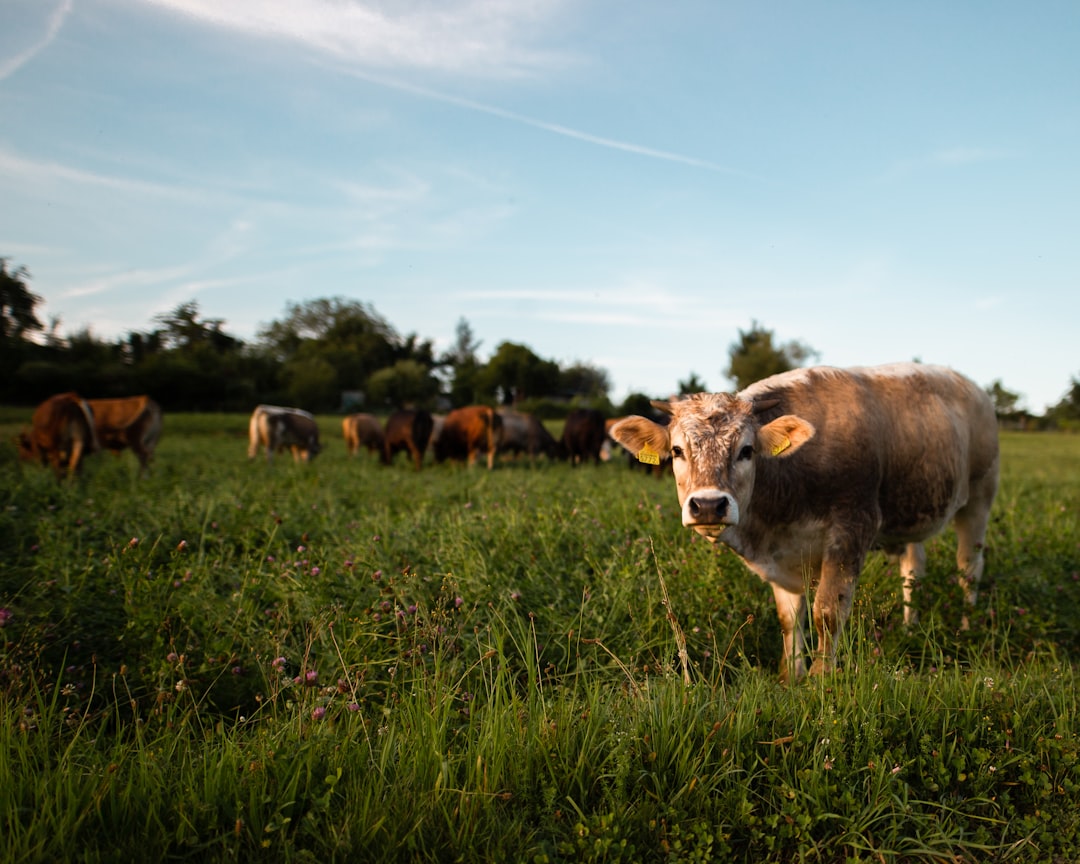- The Daily Tonic
- Posts
- Is there a solution for water pollution in the meat industry?
Is there a solution for water pollution in the meat industry?
Plus: Fatty liver disease is now also a problem for kids.
DEEP DIVE
Meat Industry Water Pollution: Is There A Solution?
Water pollution is a big problem in the United States, especially when we talk about the impact our meat industry has on our waterways. The Environmental Protection Agency (EPA) found that many rivers and streams are polluted with nitrogen and phosphorus (READ MORE), pollutants that mainly come from agriculture and meat processing plants.
Our water pollution problem is so bad that it's causing dead zones in places like the Gulf of Mexico (SEE IMAGE), where almost nothing can live because of the lack of oxygen.
The solution?
The EPA wants to fix the problem by setting new rules for slaughterhouses and meatpacking plants to reduce pollution. But getting it done isn’t going to be so simple. The meat industry claims that these new rules will be expensive and could even cause some smaller plants to close down, leading to job losses and higher prices for the end consumer.
On the other hand, environmental advocacy groups are worried that even if the new rules are passed, the EPA might go easy on the industry regarding enforcement, which wouldn't do enough to fix the problem.
Back in 1974, when the Clean Water Act was made into law, the EPA first tried to control water pollution from meat processing. They updated these rules in 2004, but those updates didn't do much. Now, the EPA has come up with three different plans to improve things, but they can't decide which one to use.
The strictest plan could stop 76 million pounds of nitrogen and 20 million pounds of phosphorus from getting into the water each year. The most lenient plan would prevent a lot less pollution and wouldn't include the smaller plants that send their waste to public treatment plants.
The problem is that even the public water treatment plants where some of this waste goes can't remove all the nitrogen and phosphorus. So, the pollution still ends up in our rivers and streams. The EPA knows there's technology available that could help reduce this pollution, and it's already being used successfully in some places. But the meat industry isn’t conceding an inch, claiming that even the most lenient plan is too much for them.
The key takeaway? There's a big fight going on about how to deal with water pollution from the meat industry. It's a challenging situation because we need to find a way to keep our water clean without necessarily killing jobs for the people who produce our food. So, while the EPA tries to figure out its next move, what can you do?
Meat and other animal products are a great source of critical nutrients we need to optimize our health. Even if you wanted to do everything you could to help curb the water pollution problem in the U.S., cutting out meat or shifting to a plant-based diet isn’t the best answer. Many plant-based foods are made from monoculture crops that require heavy synthetic fertilizer use that also pollutes our waterways.
Instead, the best thing to do is understand where your food comes from and shop as much as possible from local farmers and brands raising food the right way. Not every meat producer is polluting our waterways. Some brands, like White Oak Pastures, REP Provisions, and Force of Nature, use regenerative farming to grow quality, nutrient-dense food while helping improve our environment and ecosystems. If we all help support that, we can move our food system in the right direction, regardless of what the EPA decides to do.
SUPPORT US
Support Our Team 🧡
We're all about making your journey towards better health enjoyable and insightful. By becoming a member of The Daily Tonic family, you're not just supporting us, you're elevating your own wellness journey!
We believe in the power of community and the impact of your support. Your membership helps us continue delivering the best health and wellness newsletter around. If you enjoy starting your day with a dose of wellness wisdom from The Daily Tonic, consider joining us as a member.
